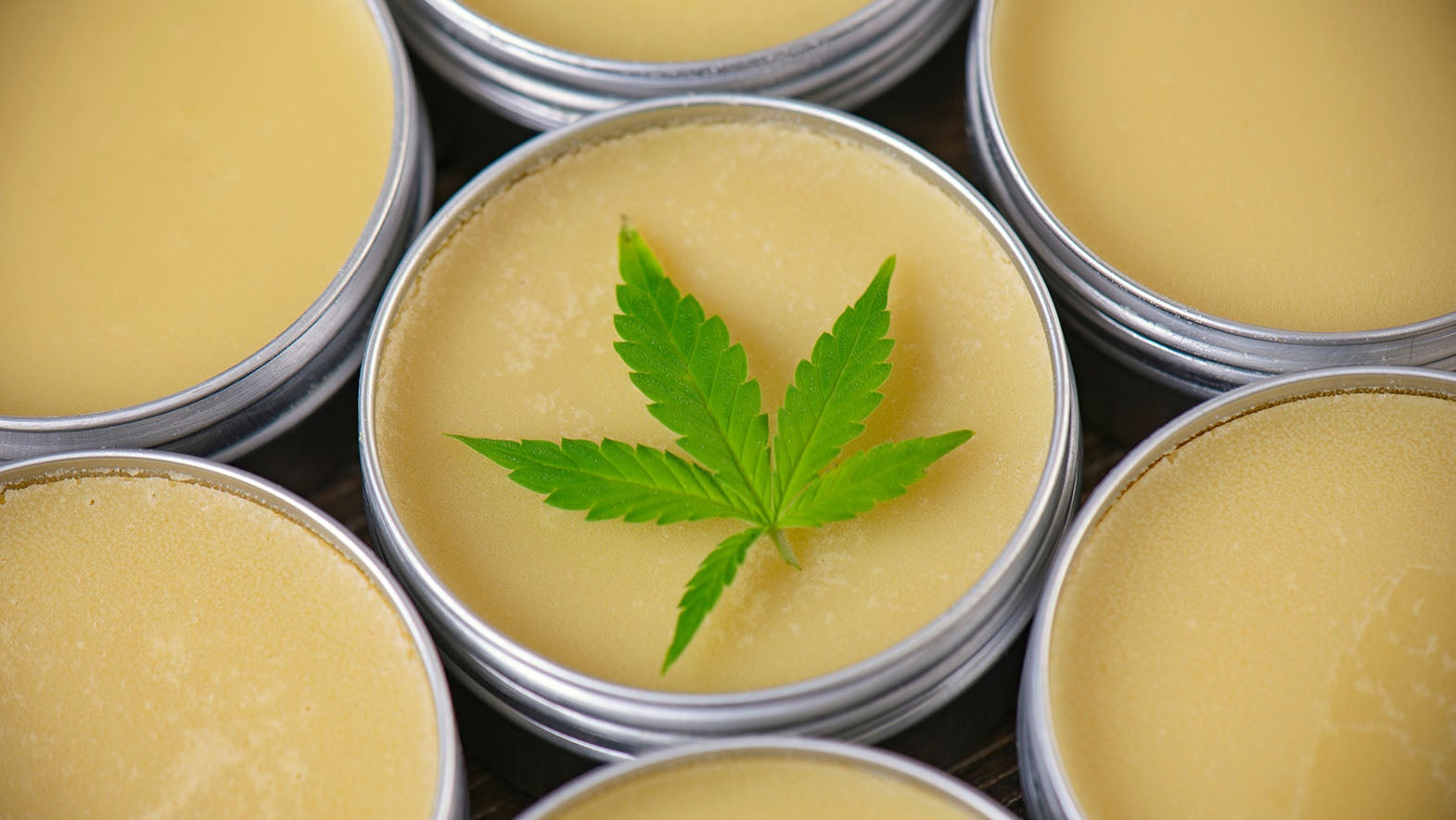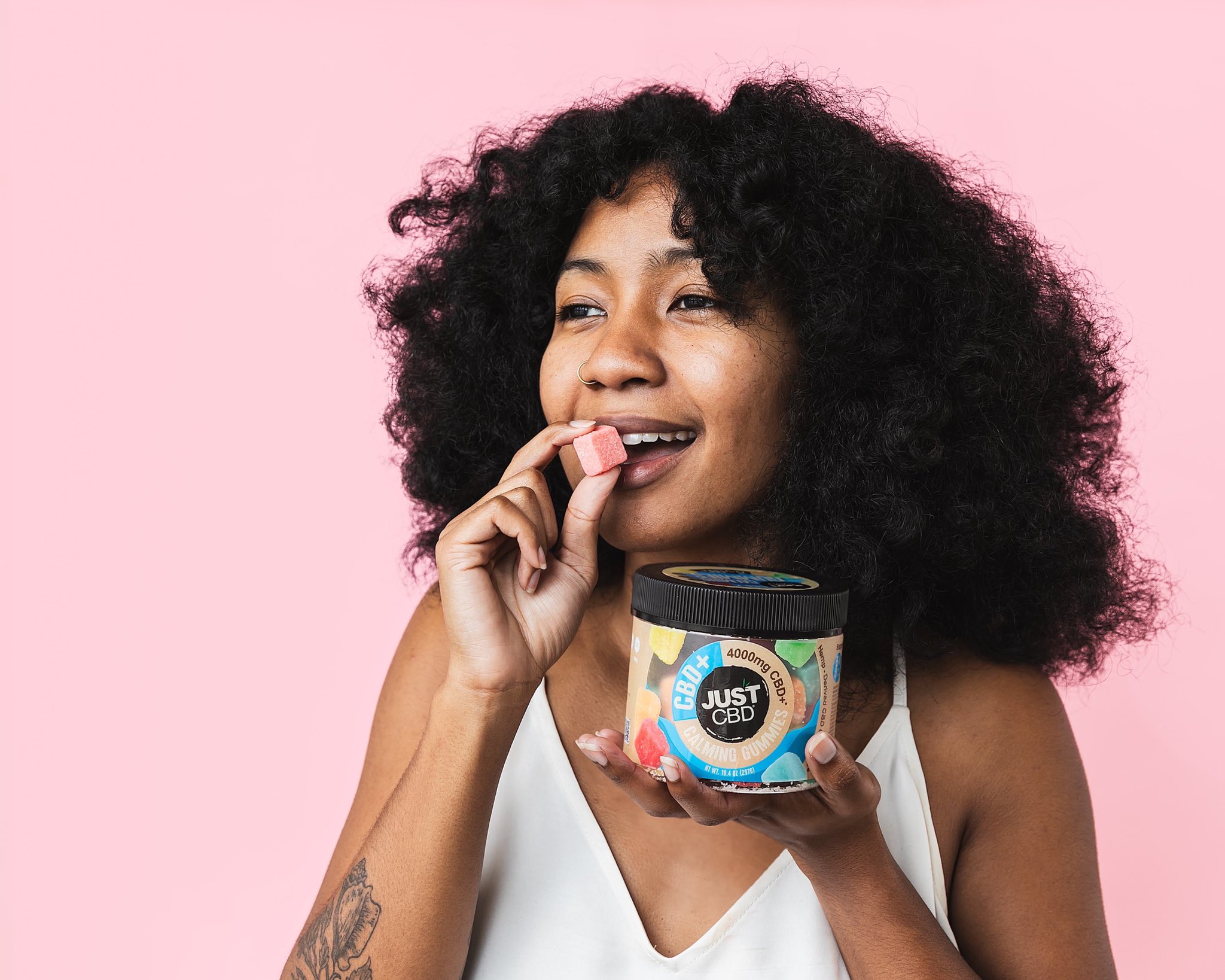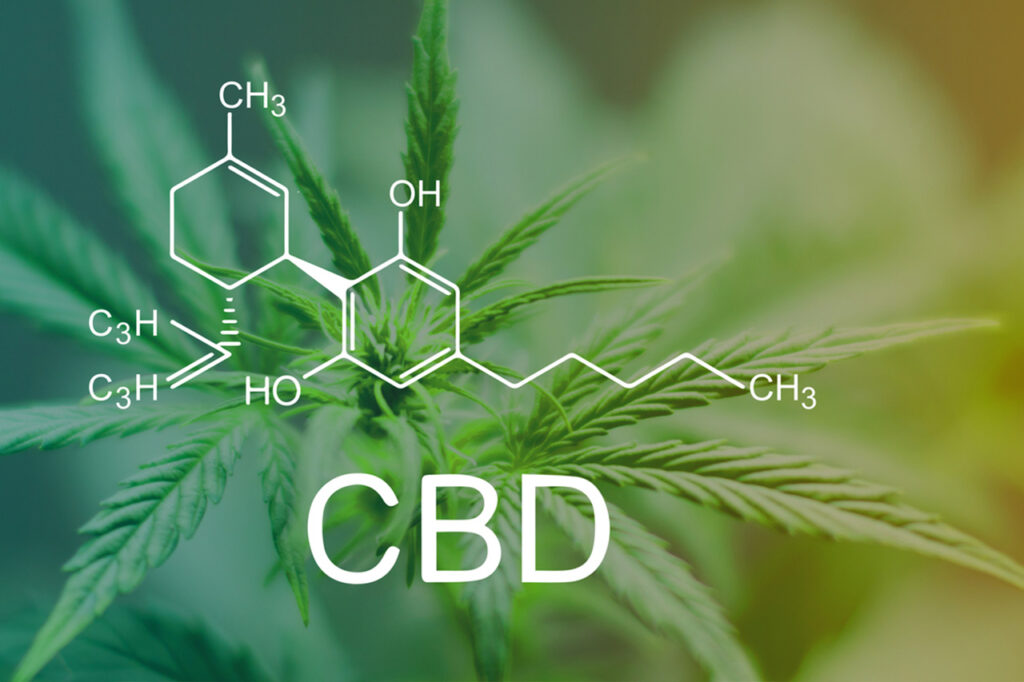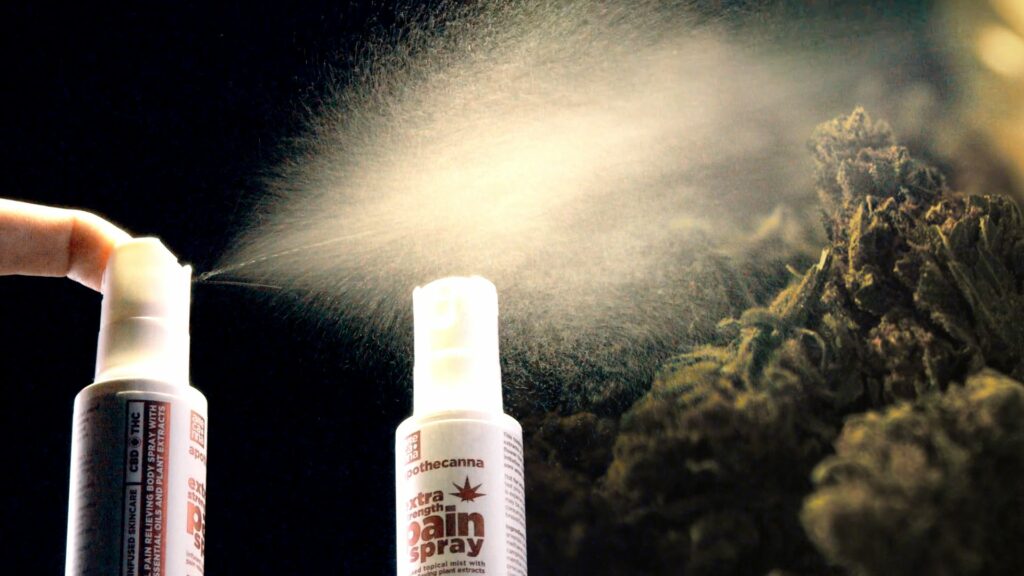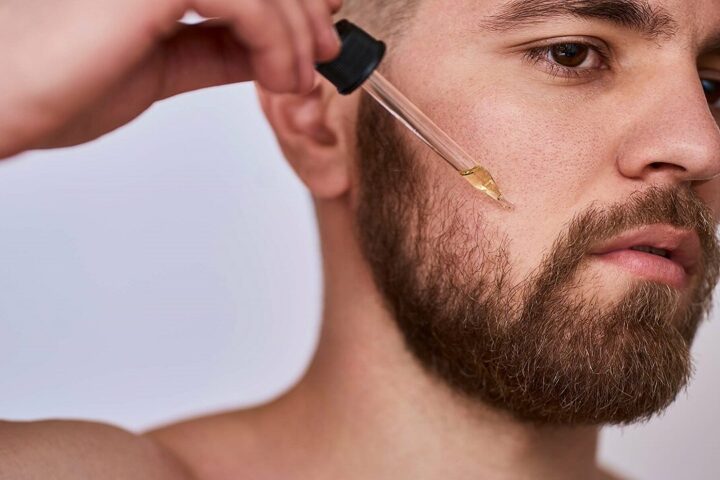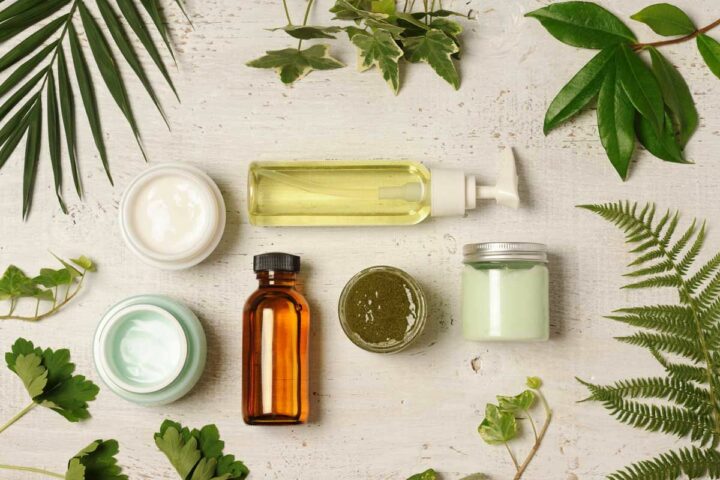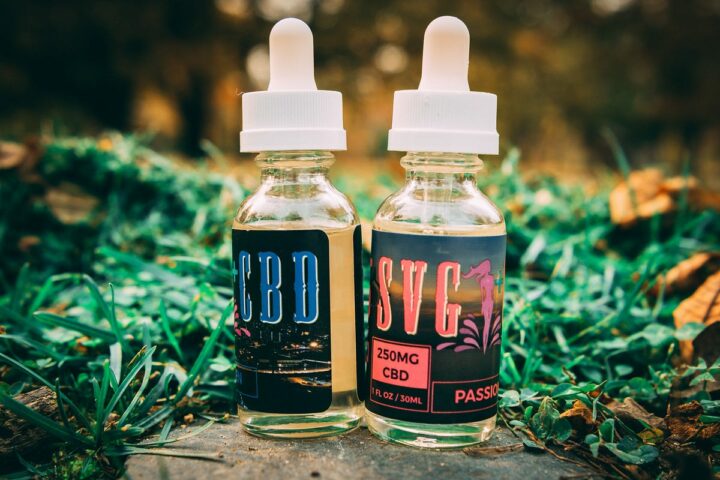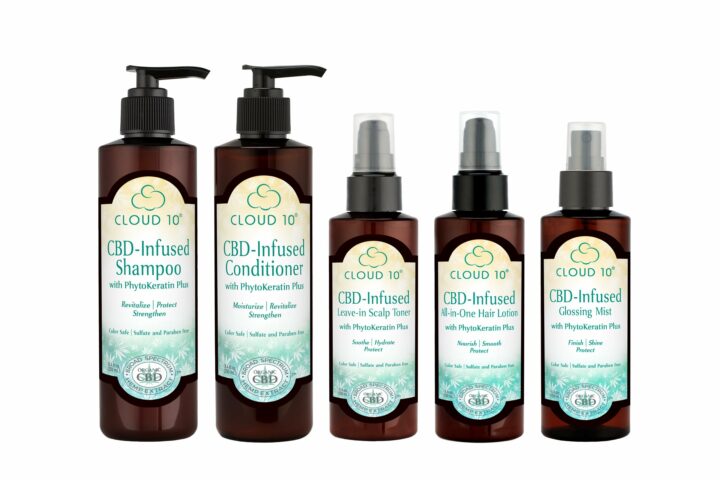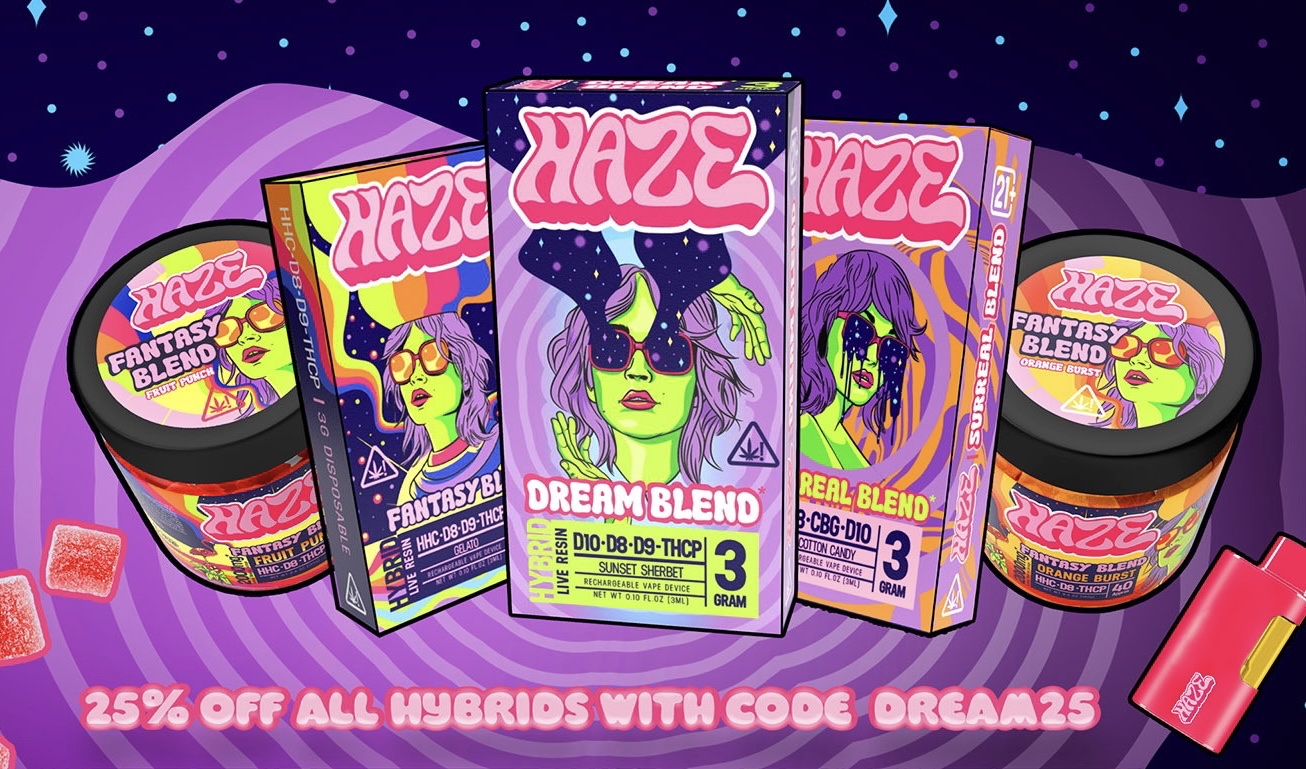CBD Topicals
What are CBD Topicals
CBD topicals are skincare products that are infused with cannabidiol (CBD), a non-psychoactive compound found in the cannabis plant. CBD topicals can come in various forms, including creams, balms, salves, lotions, and oils, and are applied directly to the skin.
Here is a comprehensive guide on CBD topicals:
CBD topicals do not enter the bloodstream
CBD topicals are designed to be applied directly to the skin, and do not enter the bloodstream like other CBD products such as tinctures, edibles, or capsules. Instead, they work locally at the site of application.
CBD topicals may have anti-inflammatory and pain-relieving properties
CBD has been shown to have anti-inflammatory and pain-relieving properties, which can make it useful for skincare. CBD topicals are often used to help alleviate skin conditions such as eczema, psoriasis, and acne, as well as muscle soreness and joint pain.
CBD topicals may have antioxidant properties
CBD also has antioxidant properties, which can help protect the skin from damage caused by free radicals and other environmental stressors.
CBD topicals may contain other beneficial ingredients
CBD topicals may contain other beneficial ingredients such as essential oils, vitamins, and minerals, which can provide additional benefits for the skin.
CBD topicals are easy to use
CBD topicals are easy to use and can be applied directly to the affected area as needed. They do not require any special preparation or equipment, making them a convenient option for skincare.
CBD topicals are legal in most countries
CBD topicals are legal in most countries, including the United States and the United Kingdom, as long as they contain less than 0.3% THC. It is important to choose high-quality CBD topicals from reputable brands to ensure safety and legality.
In conclusion,
CBD topicals are skincare products that are infused with CBD and applied directly to the skin. They may have anti-inflammatory, pain-relieving, and antioxidant properties, and may contain other beneficial ingredients. CBD topicals are easy to use and legal in most countries, and can be a useful addition to a skincare routine. As with any skincare product, it is important to choose high-quality products from reputable brands to ensure safety and efficacy.
How to use CBD Topicals
CBD topicals are a popular skincare product that are infused with cannabidiol (CBD) and applied directly to the skin. Here is a comprehensive guide on how to use CBD topicals:
Cleanse your skin
Before applying a CBD topical, it is important to cleanse your skin to remove any dirt or oil that may be present. This can help to ensure that the topical is able to penetrate the skin effectively.
Apply a small amount of CBD topical to the affected area
Using clean hands, apply a small amount of CBD topical to the affected area. You may want to start with a small amount and increase as needed, depending on the severity of your symptoms.
Massage the topical into your skin
Using circular motions, massage the CBD topical into your skin. This can help to ensure that the product is absorbed effectively and can provide maximum benefit.
Allow the topical to absorb
After applying the CBD topical, it is important to allow it to absorb into your skin before covering it with clothing or applying additional products. This can take several minutes, depending on the product and the size of the area being treated.
Reapply as needed
Depending on your symptoms and the severity of your condition, you may need to reapply the CBD topical throughout the day. Follow the instructions on the product label or consult with a healthcare professional to determine the appropriate frequency of use.
Store the product properly
To ensure the effectiveness and longevity of your CBD topical, it is important to store it properly. Most CBD topicals should be stored in a cool, dry place away from direct sunlight.
In conclusion,
CBD topicals are a popular skincare product that can be applied directly to the skin. To use a CBD topical, start by cleansing your skin and applying a small amount of the product to the affected area. Massage the product into your skin and allow it to absorb before covering it with clothing or applying additional products. Reapply the product as needed and store it properly to ensure effectiveness and longevity.
CBD Topicals Dosing
When it comes to dosing CBD topicals, there is no one-size-fits-all approach as it will depend on the individual and their specific needs. Here are some general guidelines to follow when dosing CBD topicals:
Start with a small amount
It is always recommended to start with a small amount of CBD topical and work your way up as needed. This can help you to determine the appropriate dosage for your individual needs.
Follow the product label
The product label should provide instructions on how much CBD topical to use per application. Follow these instructions closely to ensure that you are using the product safely and effectively.
Consult with a healthcare professional
If you are unsure about how much CBD topical to use, or if you have any concerns about using the product, it is always a good idea to consult with a healthcare professional. They can provide guidance on the appropriate dosage based on your individual needs and health status.
Consider the severity of your symptoms
The dosage of CBD topical you use may vary depending on the severity of your symptoms. If you are using the product to treat mild symptoms, you may need less than if you are using it to treat severe symptoms.
Reapply as needed
Depending on your symptoms, you may need to reapply the CBD topical throughout the day. Follow the instructions on the product label or consult with a healthcare professional to determine the appropriate frequency of use.
It is important to note that CBD topicals are not meant to be ingested and are only intended for external use. It is also recommended to test the product on a small patch of skin before applying it to a larger area, to ensure that you do not have an allergic reaction.
In conclusion,
dosing CBD topicals will depend on the individual and their specific needs. Start with a small amount and work your way up as needed, follow the product label instructions, and consult with a healthcare professional if you are unsure. Consider the severity of your symptoms and reapply as needed throughout the day. Remember that CBD topicals are only intended for external use and should not be ingested.
Benefits of CBD Topicals
CBD topicals are skincare products that are infused with cannabidiol (CBD) extract. They come in various forms, such as lotions, balms, salves, and creams, and are applied directly to the skin. Here are some of the potential benefits of using CBD topicals:
Pain relief
One of the most commonly reported benefits of using CBD topicals is pain relief. CBD has been shown to have anti-inflammatory properties that can help reduce pain and inflammation in the body. CBD topicals are particularly effective for localized pain, such as muscle soreness, joint pain, and arthritis.
Skincare
CBD topicals are also great for promoting healthy skin. CBD has been shown to have antioxidant properties, which can help reduce the signs of aging and protect the skin from environmental stressors. CBD topicals can also help soothe irritated skin, reduce redness, and improve overall skin texture.
Relaxation
CBD has also been shown to have calming and relaxing properties. When applied topically, CBD can help promote relaxation and reduce feelings of stress and anxiety. This makes CBD topicals a great addition to a nighttime skincare routine, helping to promote relaxation and restful sleep.
Acne treatment
CBD has been shown to have anti-inflammatory properties, which can be particularly beneficial for treating acne. Acne is often caused by inflammation in the skin, so CBD topicals can help reduce redness and inflammation associated with acne breakouts. CBD may also help regulate sebum production, which can help prevent future breakouts.
Non-psychoactive
Unlike THC, another compound found in cannabis, CBD is non-psychoactive. This means that CBD topicals will not produce a “high” or alter your mental state in any way. This makes them a safe and effective option for those who want to experience the potential benefits of CBD without any psychoactive effects.
In conclusion,
CBD topicals have a range of potential benefits, including pain relief, skincare, relaxation, acne treatment, and being non-psychoactive. If you are interested in using CBD topicals, be sure to consult with a healthcare professional to determine if they are right for you. Always follow the product label instructions and start with a small amount before working your way up to determine the appropriate dosage for your individual needs.
Legality of CBD in the UK
In the UK, the legal status of CBD is somewhat complicated, and it is important to understand the current regulations and restrictions. Here is a comprehensive guide to the legality of CBD in the UK:
Legal definition of CBD
CBD, or cannabidiol, is a non-psychoactive compound found in the cannabis plant. In the UK, CBD is not considered a controlled substance and is legal to buy and sell as long as it meets certain criteria. CBD products must be derived from an industrial hemp strain of cannabis and contain less than 0.2% THC, the psychoactive compound found in cannabis.
Legal CBD products
CBD products that are legal to sell and purchase in the UK include:
- CBD oil tinctures
- CBD capsules
- CBD topicals (lotions, balms, salves)
- CBD edibles (gummies, chocolates)
- CBD vape liquids
- CBD pet products
Illegal CBD products
CBD products that are not legal to sell and purchase in the UK include:
- CBD products that contain more than 0.2% THC
- CBD products that make medical claims without authorization from the Medicines and Healthcare products Regulatory Agency (MHRA)
Medical cannabis
Medical cannabis, which contains higher levels of THC and other cannabinoids, is legal in the UK but only available with a prescription from a specialist doctor. Medical cannabis products are heavily regulated and can only be prescribed for certain medical conditions.
Novel food regulations
As of 31 March 2021, CBD products are considered “novel foods” in the UK, meaning they must undergo a safety assessment and receive authorization from the Food Standards Agency (FSA) before they can be legally sold. This applies to all CBD food products, including edibles, drinks, and supplements.
In conclusion,
CBD products are legal to sell and purchase in the UK as long as they meet certain criteria. CBD products must be derived from industrial hemp, contain less than 0.2% THC, and not make any medical claims without authorization. Medical cannabis is legal but only available with a prescription from a specialist doctor. CBD food products are considered novel foods and must undergo a safety assessment and receive authorization from the FSA. It is important to stay up-to-date on the latest regulations and consult with a healthcare professional before using any CBD products.
FAQs-CBD Topicals
Is CBD good for collagen?
While there is limited scientific research specifically focused on CBD’s effect on collagen production, CBD may have potential benefits for collagen health. Collagen is a crucial protein that provides structural support to the skin, helping to maintain its elasticity and firmness. CBD’s antioxidant properties may help protect collagen from damage caused by free radicals, which can contribute to collagen degradation. Additionally, CBD’s anti-inflammatory properties may help reduce inflammation, which can negatively affect collagen synthesis. Moreover, CBD’s moisturizing effects can contribute to overall skin hydration, which is important for collagen health. While further studies are needed to fully understand the impact of CBD on collagen, incorporating CBD-infused skincare products into a comprehensive skincare routine may contribute to overall skin health, including collagen support. It’s advisable to consult with a dermatologist or healthcare professional for personalized advice and guidance on utilizing CBD for collagen-related concerns.
Does CBD make your skin glow?
CBD may contribute to a healthier and more radiant-looking complexion, potentially giving the appearance of a “glow.” CBD’s anti-inflammatory and antioxidant properties can help soothe and calm the skin, reduce redness, and protect against damage caused by free radicals. By promoting overall skin health, CBD may improve the skin’s tone and texture, resulting in a more vibrant and glowing complexion. Additionally, CBD’s moisturizing effects can help hydrate the skin, which can give a plumping effect and enhance the natural radiance of the skin. However, individual experiences may vary, and the extent of the “glow” achieved may depend on factors such as product quality, concentration, and individual skin characteristics. It’s advisable to consult with a dermatologist or healthcare professional for personalized advice on incorporating CBD into your skincare routine for the best results.
Does CBD oil effect fatty liver?
While research on the effects of CBD oil specifically on fatty liver is still limited, some studies have shown promising results regarding CBD’s potential benefits for liver health. CBD has been found to have anti-inflammatory properties and may help reduce inflammation in the liver, which is a common characteristic of fatty liver disease. Additionally, CBD has been shown to have potential antioxidant effects, which can help protect liver cells from damage caused by oxidative stress. However, it’s important to note that individual responses to CBD can vary, and more research is needed to fully understand its impact on fatty liver. If you have fatty liver disease or any other liver condition, it is crucial to consult with a healthcare professional before using CBD oil or any other supplements to ensure it is safe and appropriate for your specific situation. They can provide personalized guidance and monitor your liver health accordingly.
Can I take CBD and drink alcohol?
The combination of CBD and alcohol can potentially amplify the effects of both substances, so caution should be exercised when considering simultaneous use. CBD has been reported to have calming and relaxing properties, while alcohol is a depressant that can impair coordination and judgment. When taken together, CBD may enhance the sedative effects of alcohol, leading to increased drowsiness and impairment. It’s important to note that the effects can vary depending on the individual and the specific CBD and alcohol products consumed. If you choose to use CBD and drink alcohol, it’s advisable to start with low doses of both substances and monitor how your body reacts. It’s also important to be aware of the legal regulations and restrictions regarding the consumption of CBD and alcohol in your specific jurisdiction. As always, it is recommended to consult with a healthcare professional for personalized advice and to ensure that the combination of CBD and alcohol is safe for your individual circumstances.
What should I avoid when taking CBD oil?
When taking CBD oil, there are a few things to consider and potential interactions to avoid. First and foremost, it’s important to be aware of the legality and regulations regarding CBD in your jurisdiction. It’s advisable to purchase CBD oil from reputable sources that provide third-party lab testing to ensure quality and potency. If you are taking any medications, it’s essential to consult with a healthcare professional before incorporating CBD oil into your routine, as CBD can interact with certain medications, particularly those metabolized by the liver. Additionally, it’s generally recommended to avoid taking excessive doses of CBD oil, as high doses may lead to unwanted side effects such as drowsiness or digestive issues. It’s also important to avoid using CBD oil that contains harmful additives or impurities. Lastly, if you have any underlying medical conditions or concerns, it’s always best to seek guidance from a healthcare professional who can provide personalized advice and monitor your progress.
Is CBD habit forming?
CBD is generally considered to have a low potential for addiction or habit formation. Unlike THC, the psychoactive compound found in cannabis, CBD does not produce intoxicating effects and does not lead to the same addictive behaviors associated with substances like opioids or nicotine. Research suggests that CBD has a relatively safe profile, with few reported cases of dependence or withdrawal symptoms. However, individual responses to CBD can vary, and some individuals may develop a psychological attachment to any substance or exhibit compulsive behaviors. It’s important to use CBD responsibly and in moderation. If you have concerns about addictive behaviors or substance use disorders, it’s advisable to consult with a healthcare professional for personalized guidance and support.
What is the long term effect of CBD?
The long-term effects of CBD are still being studied, and more research is needed to fully understand its potential benefits and risks. However, current evidence suggests that CBD is generally well-tolerated and has a favorable safety profile. Studies have indicated that CBD may have therapeutic potential in various areas, including managing certain types of seizures, reducing anxiety and depression symptoms, alleviating pain and inflammation, and improving sleep quality. CBD’s interaction with the endocannabinoid system in the body suggests that it may have broader implications for overall health and well-being. However, it’s important to note that individual responses to CBD can vary, and long-term effects may differ from person to person. It’s advisable to consult with a healthcare professional for personalized guidance and to stay informed about the latest research findings as the understanding of CBD’s long-term effects continues to evolve.
Why does CBD wear off so fast?
The duration of CBD’s effects can vary depending on several factors. One reason why CBD may wear off relatively quickly for some individuals is its method of administration. When taken orally, CBD needs to pass through the digestive system, where it undergoes metabolism in the liver before entering the bloodstream. This process can result in a slower onset of effects and a shorter duration compared to other methods of administration, such as inhalation or sublingual absorption. Additionally, individual factors such as metabolism, body weight, and the dosage of CBD consumed can also influence how long its effects last. CBD is a compound that is rapidly metabolized and eliminated from the body, which can contribute to its relatively short duration of action. It’s important to note that the effects of CBD can also be influenced by the quality and concentration of the product being used. Experimenting with different administration methods and dosages may help in finding the most effective and longer-lasting CBD experience for individual needs.
Does CBD change your brain?
CBD has been shown to interact with certain receptors in the brain, but it does not produce the same psychoactive effects as THC, the primary psychoactive compound in cannabis. Unlike THC, CBD does not bind strongly to the cannabinoid receptors in the brain, which are responsible for the euphoric “high” associated with marijuana use. Instead, CBD acts on different receptors and pathways in the brain, including serotonin and GABA receptors, which are involved in regulating mood, anxiety, and stress. CBD has been reported to have calming and anti-anxiety effects, and it may also have potential neuroprotective properties. However, the exact mechanisms by which CBD affects the brain are still being studied, and more research is needed to fully understand its impact. It’s important to note that individual responses to CBD can vary, and it’s advisable to consult with a healthcare professional for personalized advice and to stay informed about the latest research findings.
Does CBD change serotonin?
CBD has been shown to influence the serotonin system in the brain. Serotonin is a neurotransmitter that plays a crucial role in regulating mood, anxiety, and stress. CBD has been reported to interact with serotonin receptors, specifically the 5-HT1A receptor, which is involved in modulating serotonin levels. By interacting with these receptors, CBD may potentially have an impact on serotonin signaling and function. Some studies suggest that CBD may enhance serotonin activity by increasing serotonin levels or improving its transmission. This interaction with the serotonin system may contribute to CBD’s potential anti-anxiety and mood-stabilizing effects. However, more research is needed to fully understand the extent and mechanisms of CBD’s influence on serotonin. Individual responses to CBD can vary, and it’s advisable to consult with a healthcare professional for personalized advice and to stay informed about the latest research findings.
Can CBD cause personality changes?
CBD is generally well-tolerated and does not typically cause significant personality changes. Unlike THC, CBD does not produce psychoactive effects or alter one’s perception or consciousness. CBD’s interaction with the body’s endocannabinoid system is believed to have primarily therapeutic and regulatory effects without directly influencing personality traits or behaviors. However, it’s important to note that individual responses to CBD can vary, and some individuals may experience subtle changes in mood or emotions. These effects are typically mild and transient, and often associated with CBD’s potential calming or anxiety-reducing properties. If you have any concerns about the impact of CBD on your personality or mental well-being, it’s advisable to consult with a healthcare professional for personalized advice and guidance.
Can CBD cause brain fog?
CBD is generally well-tolerated and does not typically cause brain fog or cognitive impairment. In fact, some users report that CBD may have a clarifying or focus-enhancing effect. However, individual responses to CBD can vary, and in rare cases, some individuals may experience mild drowsiness, fatigue, or changes in alertness that could be mistaken for brain fog. It’s important to note that these effects are generally mild and transient. Additionally, the quality and dosage of CBD products can vary, so it’s important to choose reputable sources and follow recommended dosages. If you have any concerns about the potential impact of CBD on cognitive function, it’s advisable to consult with a healthcare professional for personalized advice and guidance.
Why do I feel weird after taking CBD?
Feeling “weird” after taking CBD can have various causes and may vary from person to person. While CBD is generally well-tolerated, it can affect individuals differently due to factors such as dosage, individual sensitivity, and the specific product being used. Some individuals may experience mild side effects such as drowsiness, fatigue, or changes in appetite or mood, which could contribute to feeling “weird.” Additionally, if the CBD product contains other compounds, such as THC or certain additives, these components may have their own effects and contribute to the overall experience. It’s also important to consider the context in which CBD is being used and any potential interactions with medications or underlying health conditions. If you consistently experience uncomfortable or concerning symptoms after taking CBD, it’s advisable to consult with a healthcare professional for personalized advice and to explore alternative options.
Why does CBD make me grumpy?
CBD is generally well-tolerated and does not typically cause grumpiness or negative mood changes. In fact, CBD is often reported to have calming and mood-stabilizing effects. However, individual responses to CBD can vary, and in rare cases, some individuals may experience mood changes or irritability after taking CBD. These effects may be influenced by factors such as dosage, individual sensitivity, and the specific product being used. It’s also important to consider the context in which CBD is being used and any potential interactions with medications or underlying health conditions. If you consistently experience grumpiness or negative mood changes after taking CBD, it’s advisable to consult with a healthcare professional for personalized advice and to explore alternative options. They can help assess your specific situation and provide guidance based on your individual needs.
What are the negative mental effects of CBD?
CBD is generally well-tolerated and does not typically cause significant negative mental effects. However, in some cases, individuals may experience mild side effects such as drowsiness, fatigue, changes in appetite, or changes in mood. These effects are usually transient and mild, and may vary depending on factors such as dosage, individual sensitivity, and the specific product being used. It’s important to note that CBD does not produce psychoactive effects like THC, so it is less likely to cause mental impairment or confusion. However, individual responses can vary, and if you have any concerns about the mental effects of CBD, it’s advisable to consult with a healthcare professional for personalized advice and guidance. They can help assess your specific situation and provide recommendations based on your individual needs and circumstances.
- Expert Guide to Jenny Kush Weed Strain Information - April 20, 2024
- Expert Guide to Orange Creamsicle (Creamsicle) Weed Strain Information - April 20, 2024
- Expert Guide to Lemon Kush (Cali Lemon Kush) Weed Strain Information - April 20, 2024


